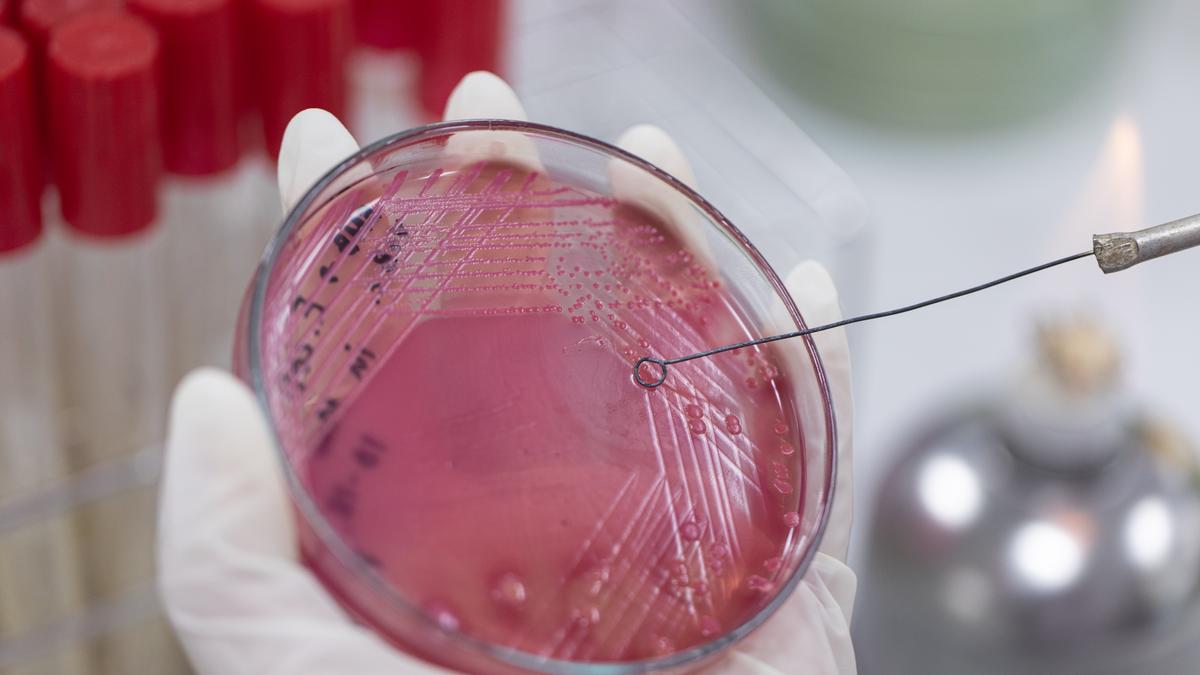
To curb antimicrobial resistance, government may include antibiotics in definition of new drug
The Hindu
DTAB recommends including all antibiotics in the definition of new drug to combat antimicrobial resistance globally.
The Drugs Technical Advisory Board (DTAB), the highest statutory decision-making body on technical matters related to drugs in the country, has recommended the inclusion of all antibiotics in the definition of new drugs in the New Drugs and Clinical Trial (NDCT) Rules, 2019.
The recommendation to the Drugs Consultative Committee (DCC) is aimed at curbing the growing antimicrobial resistance which is now recognised as a public health threat globally.
According to Rule 122 E of the Drug and Cosmetic Rules 1945, a new drug can be one which has not been used in the country and has not been recognised as effective and safe by the licensing authority for the proposed claims. It could also be an approved drug with modified or new claims including indications, dosage, and new route of administration.
If brought into the new drug bracket, the manufacturing, marketing, and sale of antibiotics will be documented. Also, the manufacturing and marketing clearance will have to be obtained from the Central government instead of State drug administration, and patients will be able to buy antibiotics only on prescription.
The board is also looking at amending the labelling requirements under the Drugs Rules, 1945 and adding a blue strip or box for antimicrobial products. It has recommended that no antimicrobials should be sold by the traders to the non-pharmaceutical industries who do not hold requisite licences.
A recently released report by the Indian Council of Medical Research’s Antimicrobial Resistance Surveillance Network said that drug-resistant and difficult to treat urinary tract infections, blood stream infections, pneumonia, and typhoid are among the diseases that are showing resistance to commonly used antibiotics in India.
Meanwhile, in a recent meeting, DTAB was apprised that antimicrobial resistance has been recognised as a serious and growing threat to public health globally.













